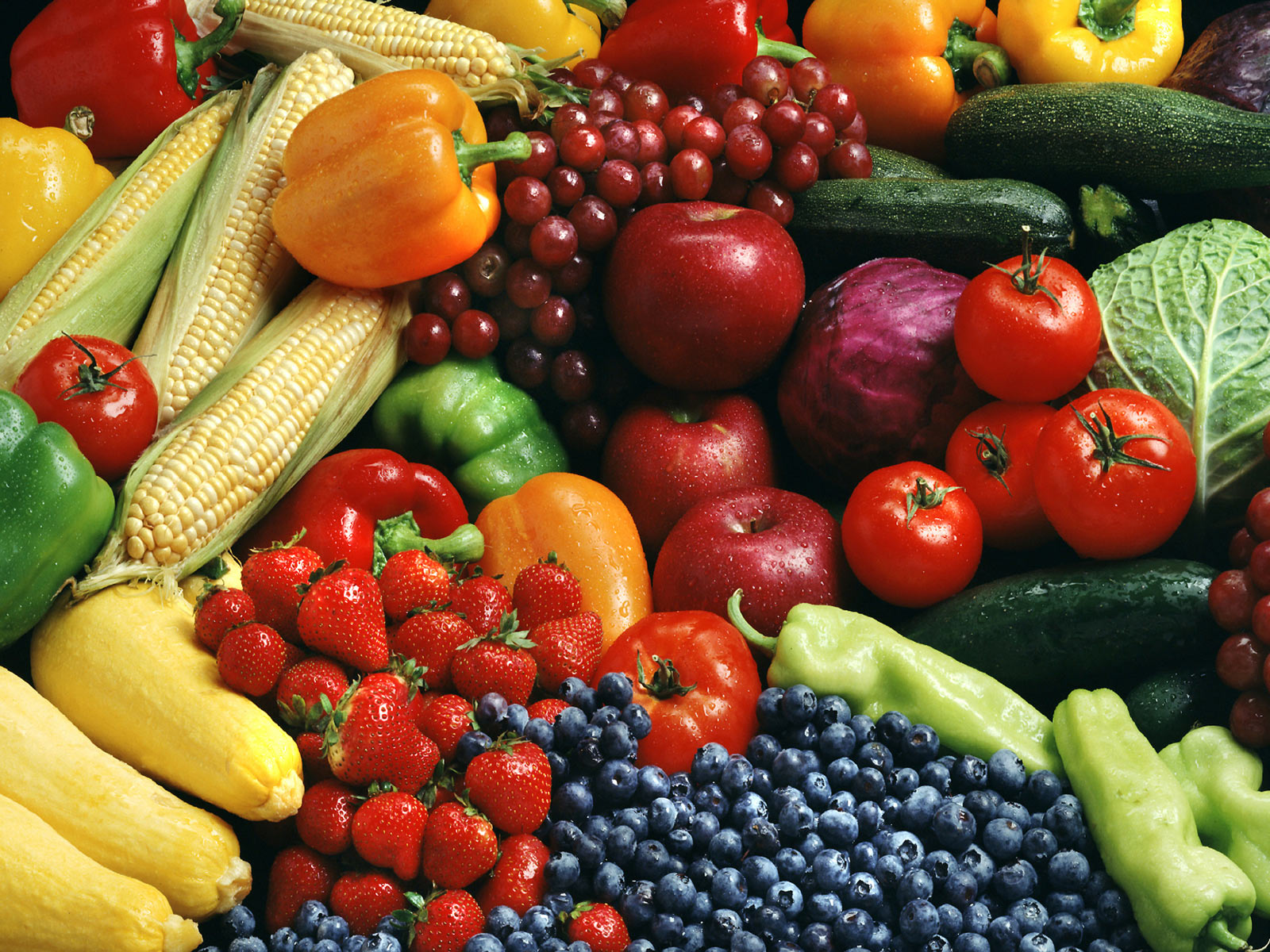
East Asian Medicine is a medical system that is thousands of years old and incorporates many different modalities. EAM theory emphasizes that Mother Nature provides the right kind of food for the right kind of environment. For instance, if the weather is cold, then warming, nutrient-dense foods are best for the body. Likewise, when summer rolls around, it is best to partake of cooling foods and foods that are abundant during this season.
Summer is a time of great abundance. Or as the Chinese refer to it, the time of utmost yang. The days are longer and warmer. And everything and everybody seems to be more active. The warmth of the summer sun encourages growth and maturation. In EAM, summer relates to the element of fire and the heart and small intestine energetic pathways or meridians. Because summer is a time of growth, many fruits and vegetables become abundant during the season. And because the season tends to be the warmest, it is important to stay cool and hydrated.
The body is thought to contain a substance that the Chinese call qi (pronounced “chee”). This qi is frequently translated into the term energy in English. When a person’s energy is low, then a deficiency develops. Conversely, when there is an excess of energy, then problems may arise that are indicative of this. Sweat is the fluid of the heart. When a person sweats excessively, the energy of the heart becomes scattered and weak. This can weaken the mind and cause symptoms like depression, restlessness, insomnia and irritability. But this can be countered by eating foods that are salty and sour in nature. This includes foods such as miso, pickles, lemons, limes and sour plums.
The summer months are generally hot and therefore the body needs to be kept cool. This is the perfect time to eat more raw foods that can clear heat. But as with anything, don’t overdo it. Too much cold or raw foods can wreak havoc on the digestive tract causing spasms, tightness and contractions. This will make the body work harder to warm the food that is being eaten, which can then deplete the energy of the spleen and stomach meridians. Therefore cooked foods and even soups are still recommended during the warm summer months. They are usually made with seasonally available foods or eaten at room temperature to avoid any digestive conflict.
It is best to avoid heavy, greasy and fried foods during the summer months, as they can clog up the digestive system. They can also create excess phlegm in the lungs leading to respiratory problems. And when cooking during the season of summer, it is best to create meals quickly and simply by grilling or stir frying.
Many more plants are in season in the summer, particularly in the Northern Hemisphere. Eating seasonal, locally grown fruits and vegetables isn’t just better for the environment; it can be better for your wallet ‒ and tastier, too. Not only do colorful fruits and vegetables look beautiful on your plate, but they’re also important for getting diverse sources of fiber. If you’re eating the rainbow, you’re treating yourself to a varied group of nutrients that all play vital roles for your health. Greens, for instance, contain detoxifying properties, while orange-colored foods contain free radical‒fighting carotenoids.
Foods that are beneficial for the summer months include peppers, eggplant, cabbage, kale, broccoli, spinach, melons of all kinds, beets, cherries, radishes, jicama, celery, zucchini, carrots, berries, pineapple, cucumbers, peaches, pears, grapefruit and mushrooms. By adding more of these delicious and nutritious foods to your diet during the summer months, you can help prevent deficiencies during the upcoming fall and winter months and hopefully stay healthy year round.

